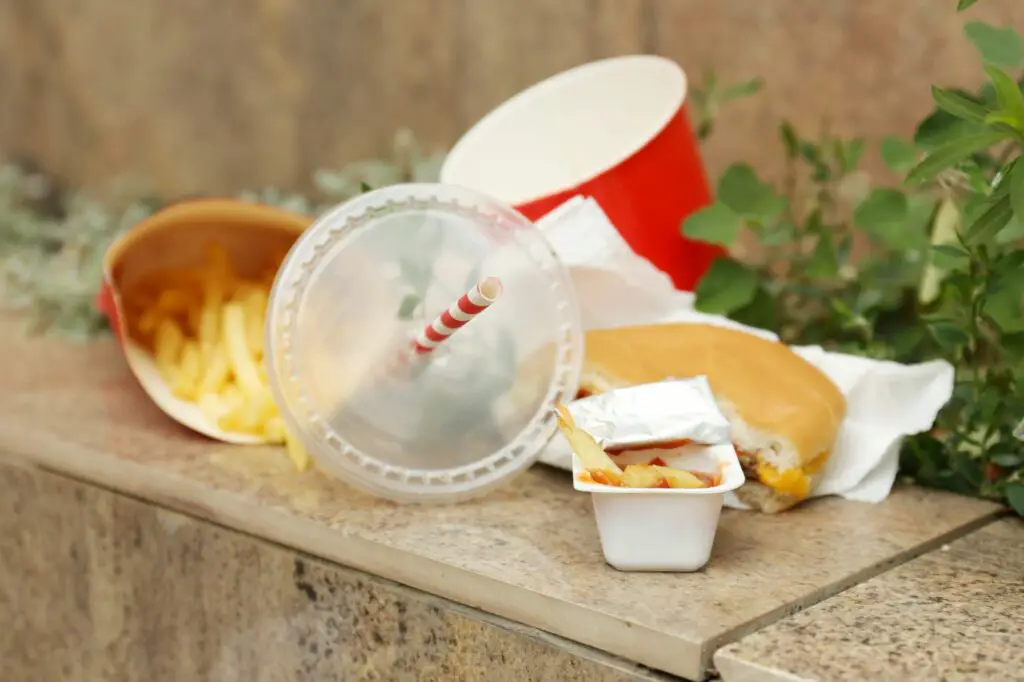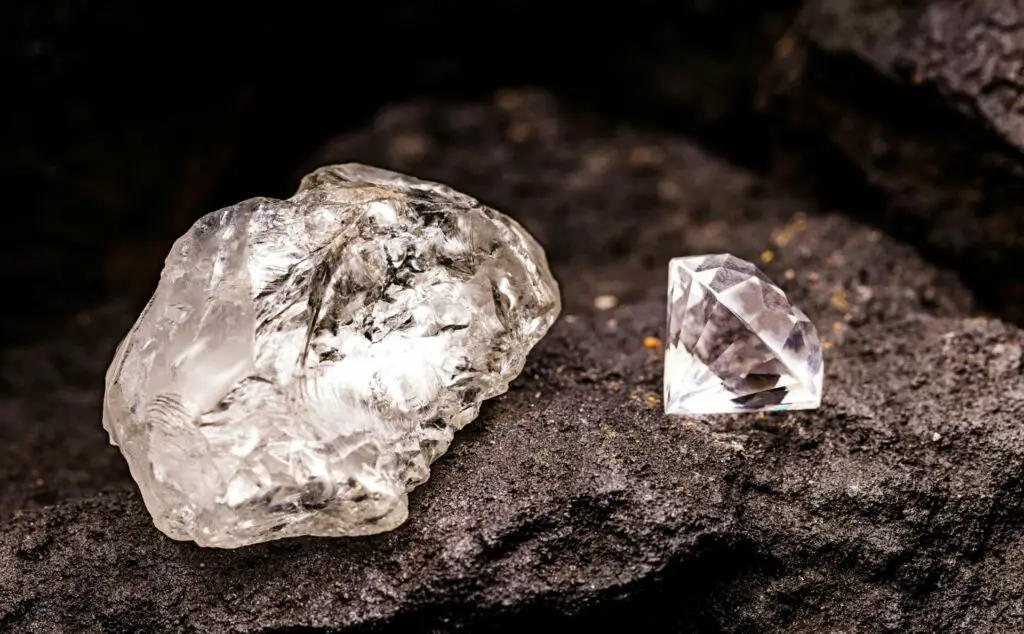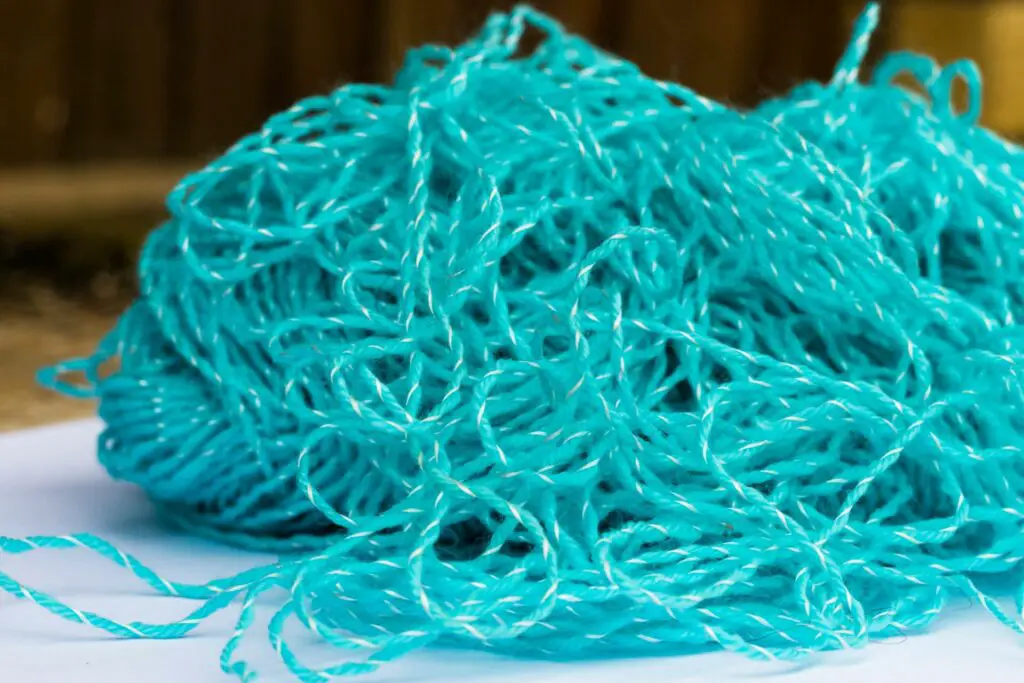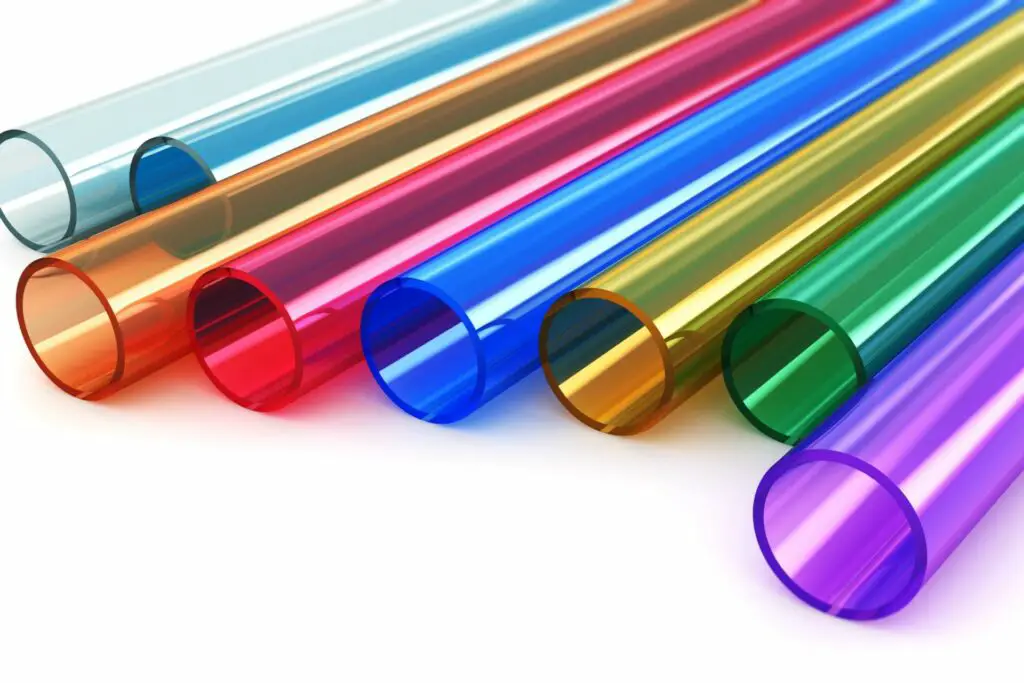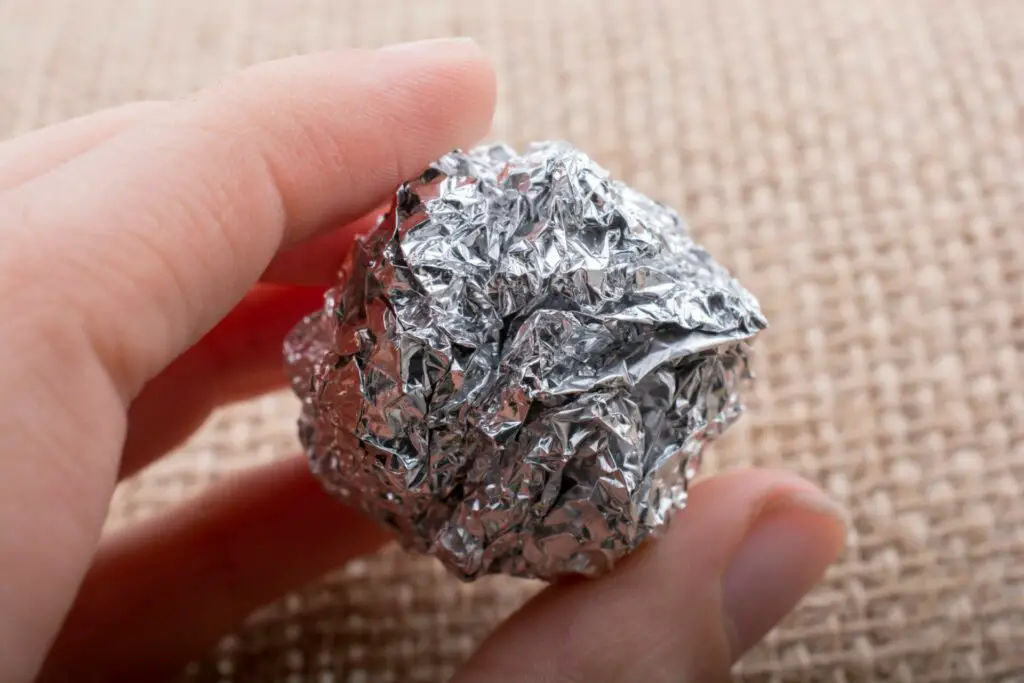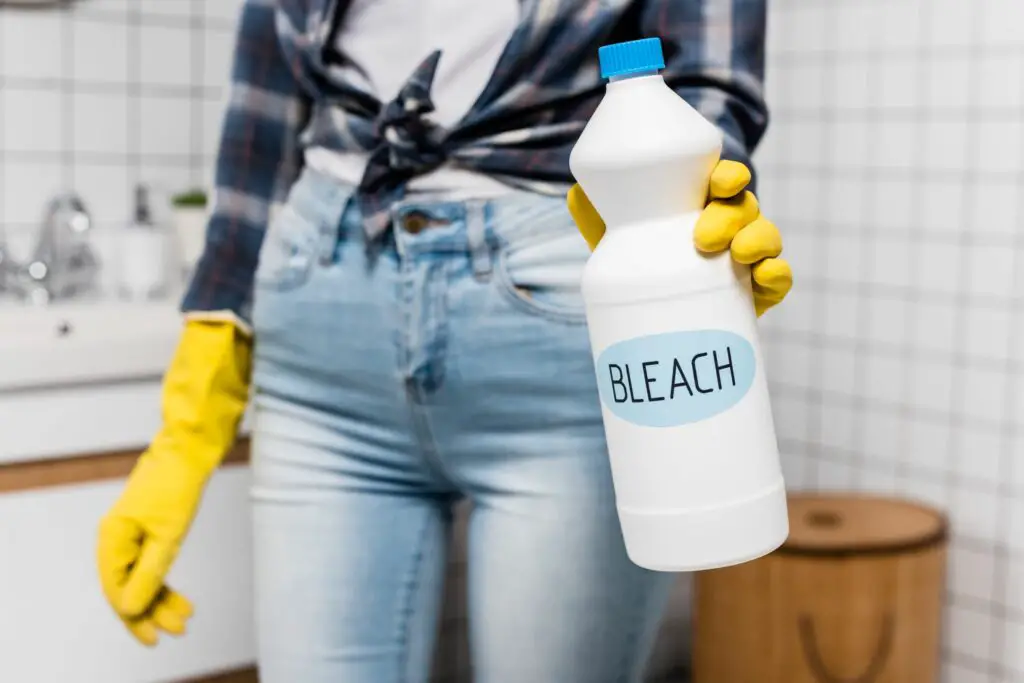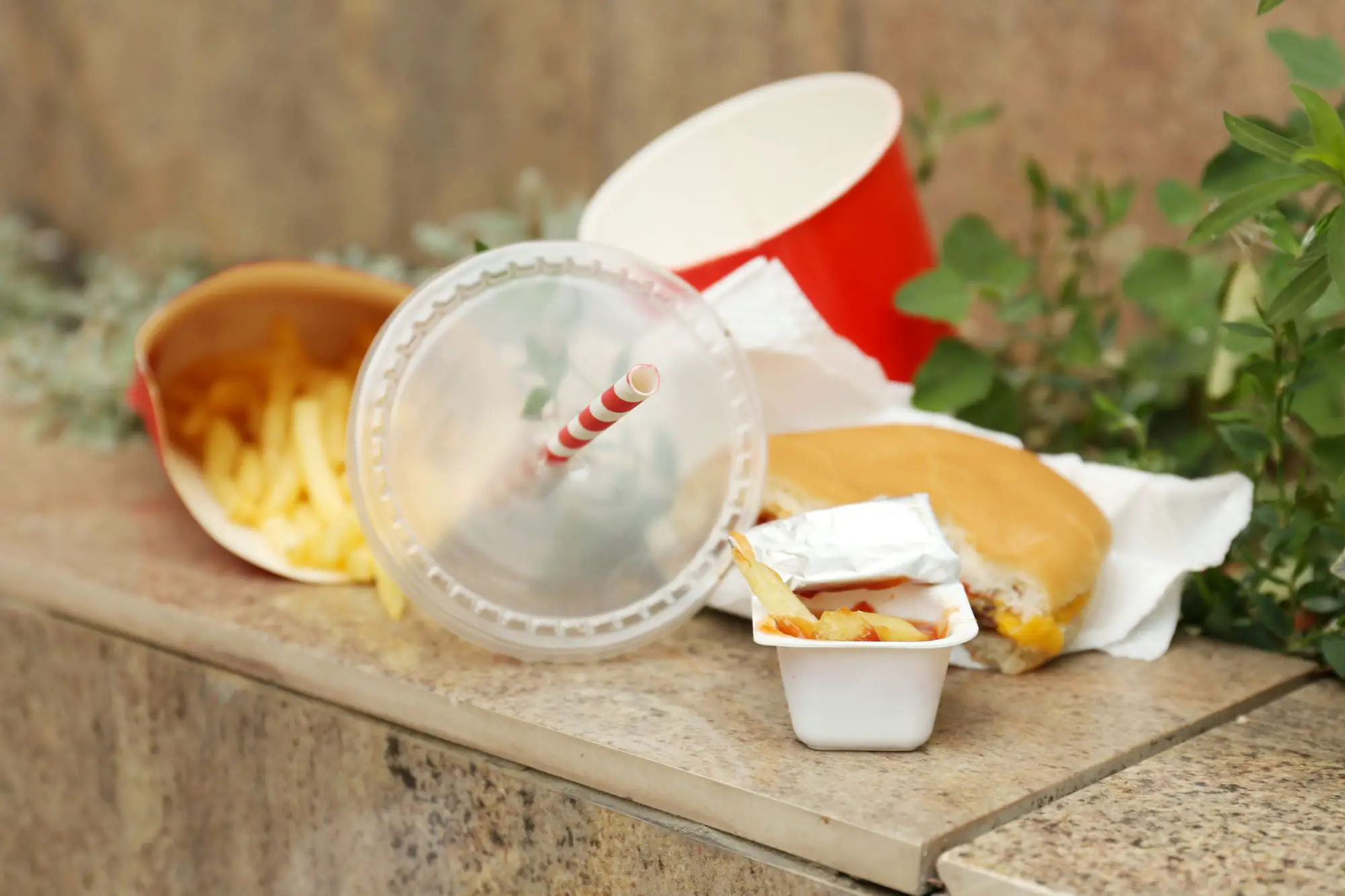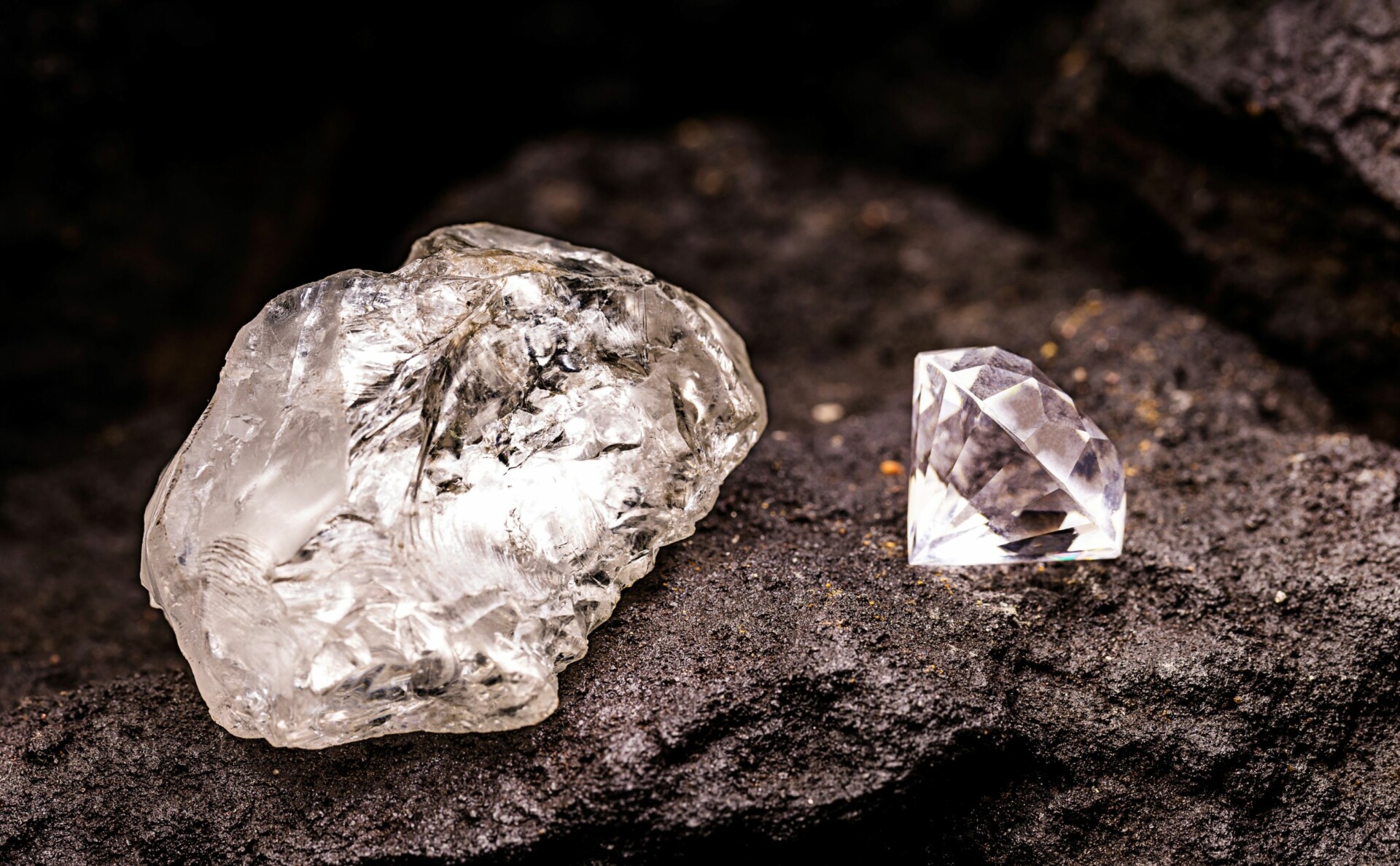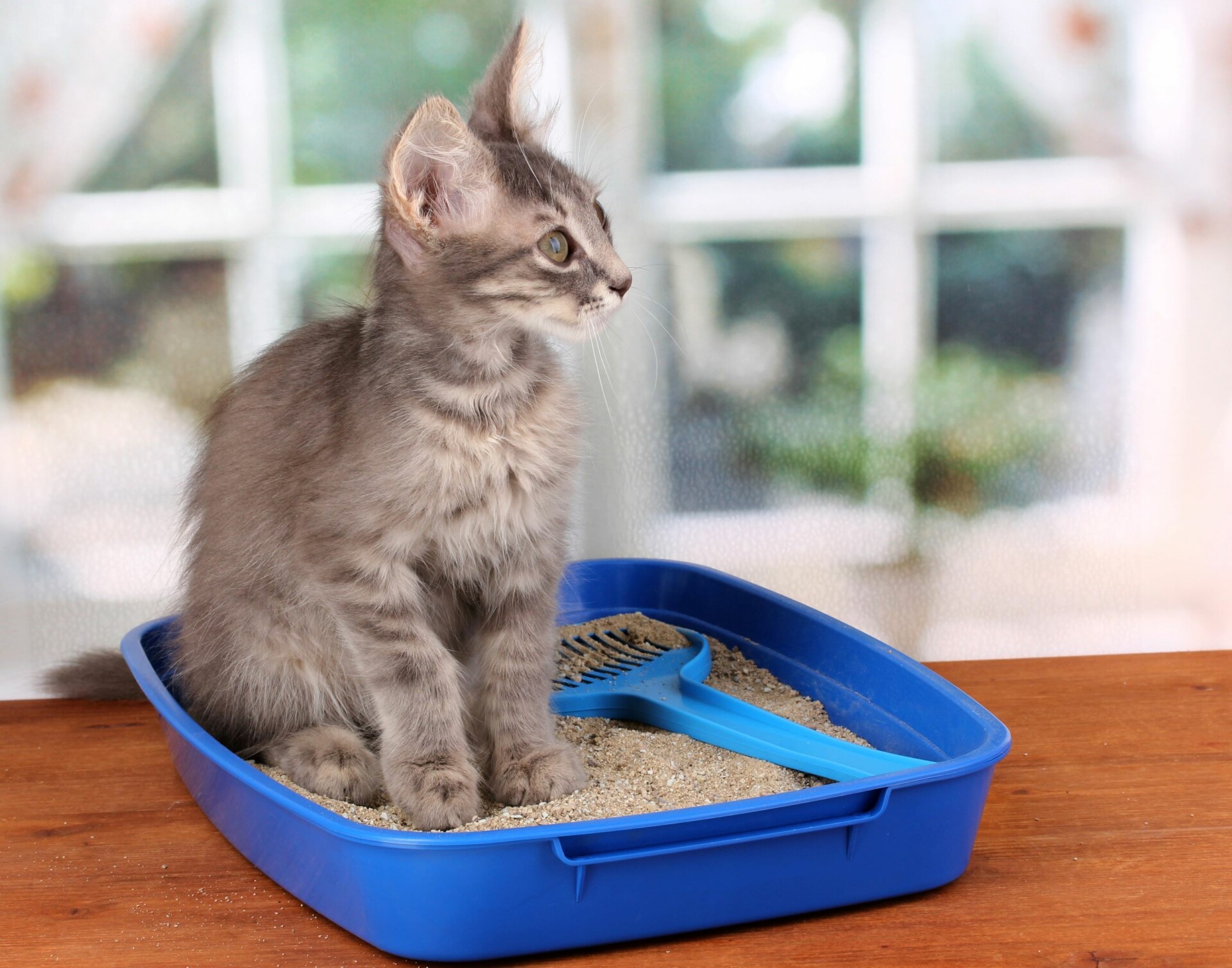If you’re following healthy dental hygiene habits, you’re probably flossing your teeth on a daily basis.
When you dispose of that floss, you’re probably just disposing of it in the trash can because it’s easy and convenient.
Is there a better way to dispose of dental floss, either through recycling or some other eco-friendly method?
Unfortunately, dental floss is not recyclable. The container that it comes in may or may not be recyclable depending on where you live.
So is there a better way to dispose of dental floss that is safer for the environment?
And if not, are there more eco-friendly alternatives to dental floss?
Let’s find out in this article.
Is Dental Floss Made of Plastic?
Dental floss seems to have a unique texture that makes it unlike a lot of other products.
It’s not really hard, but it is thin and flexible. So what exactly is it made of?
Usually, the above characteristics describe certain types of plastic, which most dental floss is indeed made of.
More specifically, dental floss is made of nylon, a type of engineering plastic that has a wide range of uses.
Nylon is definitely a durable but flexible fabric, and because of this, it has a wide range of uses.
Common uses for nylon include clothing, parachutes, and toothbrushes in addition to nylon.
When it comes to using nylon for dental floss, there are actually two different kinds.
Nylon dental floss can be either uncoated or coated with wax.
There’s hardly any difference between the two, other than the fact that waxed dental floss is thicker and glides between the teeth more easily.
In some cases, waxed dental floss can also be made with artificial flavors to make the floss taste better while it is in your mouth.
Is Dental Floss Recyclable?
Dental floss is not recyclable for many reasons, including:
- Nylon isn’t recyclable everywhere.
- Wax can not be recycled.
- Floss is not effective to recycle.
Let’s take a closer look at each one of these reasons in more detail.
1. Nylon Isn’t Recyclable Everywhere
In some cases, nylon can be recycled. But since nylon is used most often as a textile material, it can only be recycled in certain facilities.
Usually, these facilities are reserved for manufacturers of nylon and products made from nylon.
In addition, they only take nylon in large quantities in order for it to be cost-effective to recycle.
Even if there weren’t other barriers that hindered the recyclability of dental floss, these nylon recycling facilities likely wouldn’t take it to the large quantities that would be needed to make it worth the cost.
2. Wax Can Not Be Recycled
Another reason that dental floss, particularly wax-coated dental floss can’t be recycled, is that wax is not recyclable.
In addition to wax not being recyclable, it is also attached to the nylon.
The wax and nylon would have to be separated from each other in order to recycle the nylon.
The reason for this is because wax can gum up the recycling machines and cause them to stop working.
It’s not feasible to recycle it due to the risk of tearing up the machines and what it would cost to fix them.
3. Floss Is Not Effective to Recycle
Even if the two previously mentioned things weren’t issues, it is still unlikely that dental floss could be recycled.
This is due to the overall size and width of the floss. Plastic is a recyclable material that can’t be recycled endlessly due to losing some of its qualities.
Dental floss obviously isn’t a very big piece of material, so when broken down in order to be used again, it likely wouldn’t have the same qualities and strength as new dental floss due to the quantity of material that you’re working with.
Are Dental Floss Containers Recyclable?
You now know the reasons as to why dental floss can’t be recycled – but what about the container it comes in? It’s often made of plastic too, after all.
But the thing about plastic is that not all of it can be recycled, and even if it can be recycled, it might not be accepted through a curbside recycling program.
A lot of oral care products such as dental floss containers and toothbrush handles are made of #5 plastic, specifically polypropylene.
This type of plastic is technically recyclable but it may or may not be accepted in your recycling bin depending on where you live.
However, that doesn’t mean that it can’t be recycled at all.
There are some recycling take-back programs that accept materials that aren’t always accepted curbside.
One such program is the Colgate Oral Care Recycling Program, which allows you to recycle things such as toothbrushes and dental floss containers through this program.
How Do You Dispose of Dental Floss?
Since dental floss can’t be recycled, there isn’t really another way that you can dispose of it.
You usually have no choice other than to throw it in the trash can with the rest of your non-recyclable waste.
It may not seem like a big deal to just toss your dental floss in the trash.
But even if you only use a small amount each time you floss, it adds up over time especially when you consider all of the other people that are also throwing their floss away.
Does Dental Floss End Up in Landfills?
When you throw dental floss away, a lot of it does end up in landfills, if it makes it that far.
Some floss doesn’t make it to landfills because if not thrown away properly, it can get blown away or carried by water to new locations.
This causes problems for wildlife who can get tangled in the floss.
Even though throwing away floss isn’t the most ideal solution, it’s better than just throwing it on the ground or even flushing it.
Some people flush their floss because they think it’s a better method of disposal, but it can actually cause the septic or sewage system to become backed up.
With that being said, if you do have to throw dental floss away, you should do everything that you can in order to make sure that it makes it to a landfill.
This includes wadding it up and tying it into a knot to prevent wildlife from getting tangled in it and tying up the garbage bag to ensure that the floss doesn’t blow away during transport.
Is Dental Floss Biodegradable?
When dental floss does make it to a landfill, it will stay there forever.
Nylon, and plastics in general, are not biodegradable.
If the floss is wax-coated, it’s possible that the wax will break down, but the actual floss itself will not.
That also means that dental floss is not compostable, so you can’t toss it in your compost bin as an alternate disposal method.
Is Dental Floss Bad For the Environment?
We’ve already mentioned that dental floss can’t be disposed of in an eco-friendly way and that it also causes harm to animals.
But it is also bad for the environment in how it is produced.
Like other plastics, nylon comes from crude oil. Crude oil is a non-renewable resource, and collecting it causes environmental harm in its own right due to pollution that could occur.
Once it is collected, it also has to undergo processing, where it is combined with other harmful chemicals through a manufacturing process that also causes pollution.
Overall, nothing about traditional nylon dental floss is eco-friendly.
Are There Eco-Friendly Dental Floss Alternatives?
Just because nylon dental floss isn’t eco-friendly, doesn’t mean that you have to stop flossing altogether.
There are eco-friendly alternatives that are made from natural materials, some of which are biodegradable and compostable.
Examples of materials used to make eco-friendly dental floss include silk and bamboo.
For more information about eco-friendly dental floss alternatives, check out this article.
Conclusion
Dental floss that is made from nylon is not recyclable, regardless of whether or not it is coated in wax.
It also can’t be disposed of in an eco-friendly way. Your only choice is to throw it away, where it will go to a landfill.
But if you’re environmentally conscious, you don’t have to put your oral care on hold.
There are plenty of eco-friendly dental floss versions on the market today that are environmental-friendly and made from more natural and sustainable materials than nylon.
You Might Also Like…
- Is Fast Food Bad for the Environment? (& What You Can Do)
- Is Fabric Softener Bad for the Environment? (+5 Eco-Friendly Options)
- Is Fuel Dumping Bad for the Environment? (& How Often It Happens)
- Is Electricity Generation Bad for the Environment? (What You Should Know)
- Is Dry Cleaning Bad for the Environment? (4 Surprising Facts)
- Is Diamond Mining Bad for the Environment? (Important Facts)
- Is DEET Bad for the Environment? 4 Effects (You Should Know)
- Is Cat Litter Bad for the Environment? (5 Common Questions)
- Is Burning Cardboard Bad for the Environment? (6 Facts)
- Is Burning Paper Bad for the Environment? (6 Surprising Facts)
- Is Burning Leaves Bad for the Environment? (7 Quick Facts)
- 4 Natural Cleaners for Quartz Countertops
- 6 Eco-Friendly Acrylic Paint Brands (For Sustainable Artists)
- 5 Eco-friendly Alternatives to Acrylic Paint (& How to Make Them)
- Is Acrylic Paint Bad for the Environment? (7 Quick Facts)
- Is Acrylic Yarn Bad for the Environment? 8 Crucial Facts
- Is Acrylic Bad for the Environment? (8 Quick Facts)
- Is Aluminum Foil Bad for the Environment? 7 Quick Facts
- Is Bleach Bad for the Environment? 6 Crucial Facts
- Is Lithium Mining Bad for the Environment? 6 Crucial Facts


